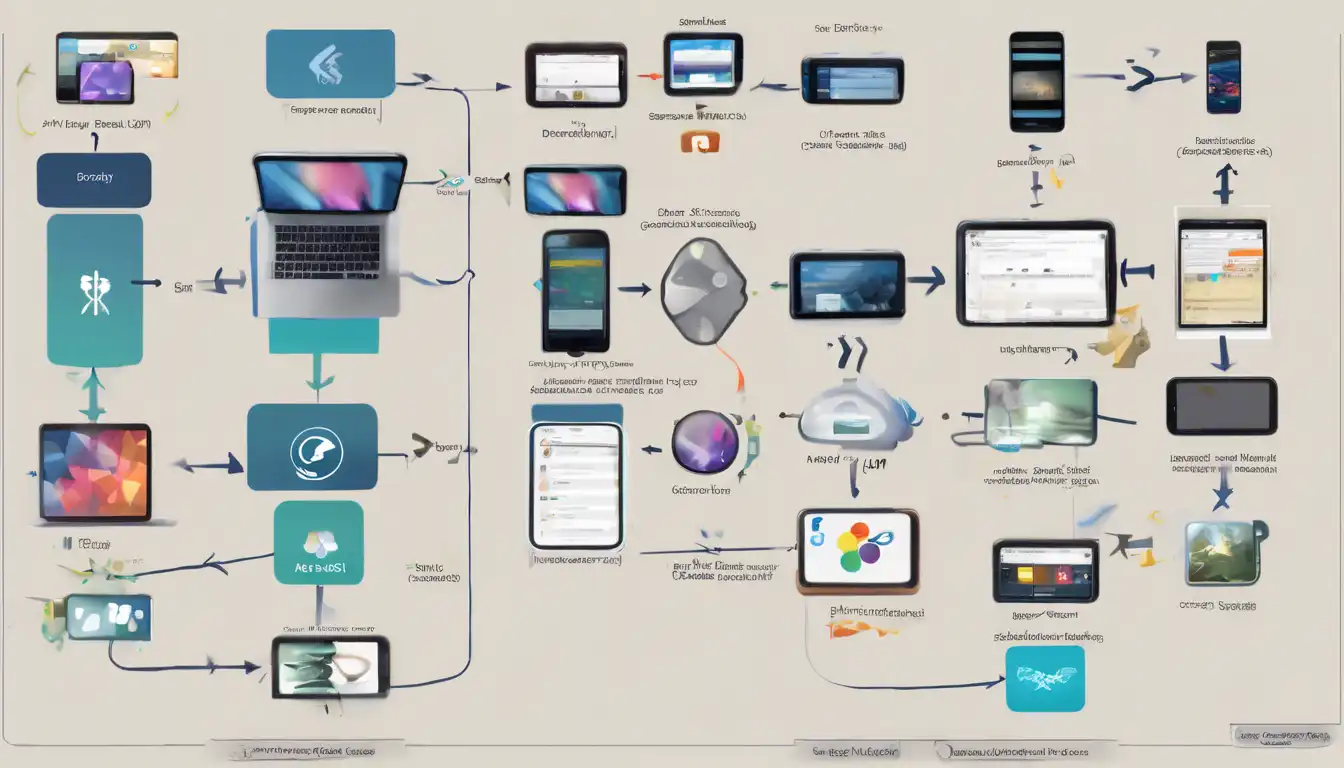Introduction to Cross-Platform Mobile Development
In today's fast-paced digital world, the demand for mobile applications is skyrocketing. Businesses and developers are constantly seeking efficient ways to build apps that run seamlessly across multiple platforms. Cross-platform mobile development tools have emerged as a game-changer, enabling developers to write code once and deploy it on both iOS and Android platforms. This article compares the top cross-platform mobile development tools, helping you choose the right one for your project.
Why Choose Cross-Platform Development?
Cross-platform development offers numerous benefits, including reduced development time and cost, consistent UI across platforms, and easier maintenance. With the right tools, developers can leverage these advantages to create high-quality apps that meet user expectations.
Top Cross-Platform Mobile Development Tools
1. Flutter
Developed by Google, Flutter is a popular open-source framework for building natively compiled applications for mobile, web, and desktop from a single codebase. Its hot reload feature allows developers to see changes instantly, significantly speeding up the development process.
2. React Native
Created by Facebook, React Native enables developers to build mobile apps using JavaScript and React. It offers a rich set of pre-built components, making it easier to create a polished user interface. React Native is known for its performance and community support.
3. Xamarin
Xamarin, a Microsoft-owned framework, allows developers to use C# for cross-platform app development. It provides access to native APIs and tools, ensuring high performance and a native look and feel. Xamarin is ideal for enterprises with existing .NET investments.
4. Ionic
Ionic is a free and open-source framework that uses web technologies like HTML, CSS, and JavaScript to build cross-platform mobile apps. It offers a library of mobile-optimized UI components, making it a great choice for developers familiar with web development.
Comparing the Tools
When choosing a cross-platform development tool, consider factors such as performance, development speed, community support, and the specific needs of your project. Flutter and React Native are leading in terms of popularity and performance, while Xamarin and Ionic offer unique advantages for certain use cases.
Conclusion
Cross-platform mobile development tools have revolutionized the way apps are built, offering a balance between performance and development efficiency. Whether you're a startup looking to launch your first app or an enterprise aiming to streamline your development process, there's a tool that fits your needs. Explore our mobile development guide for more insights into building successful mobile applications.
